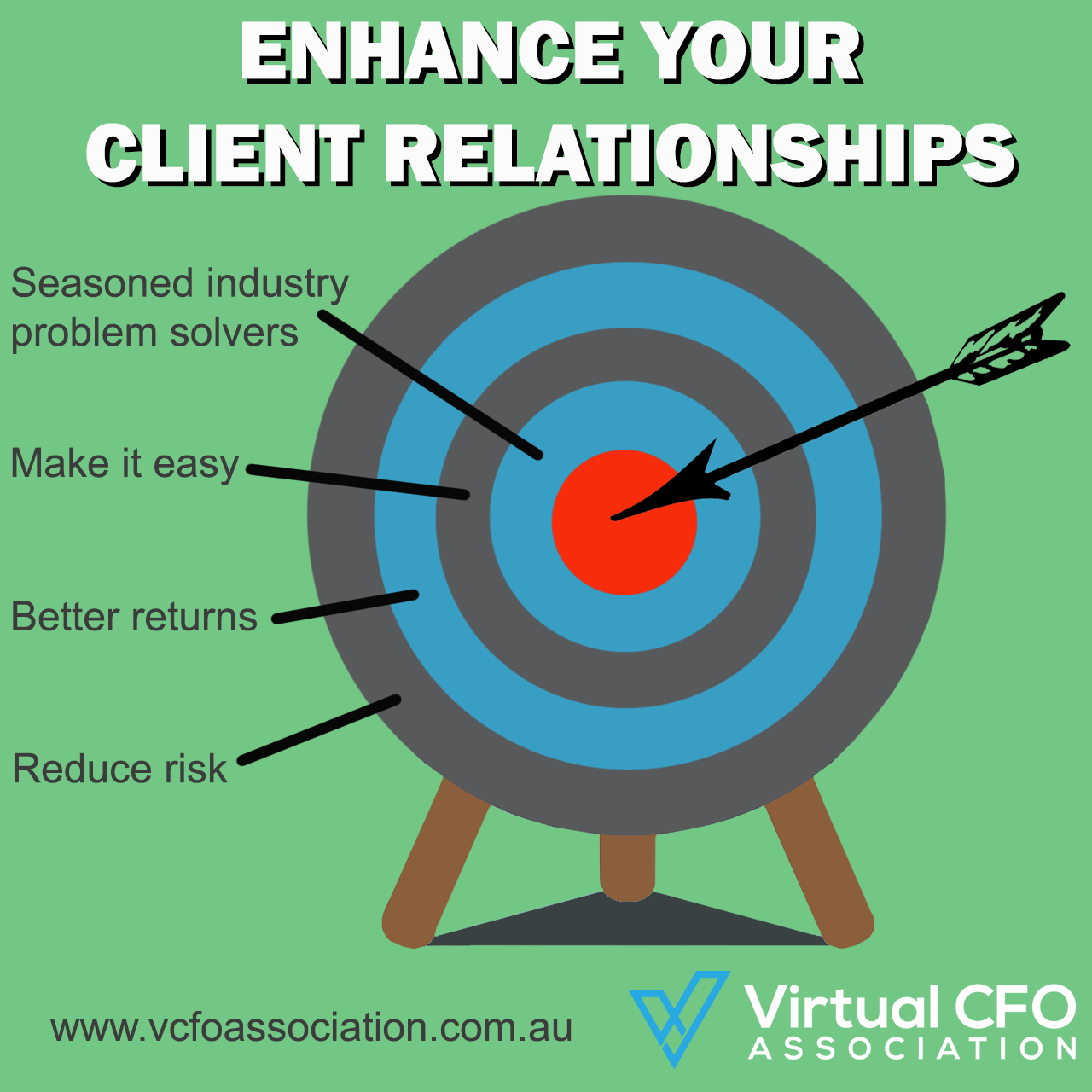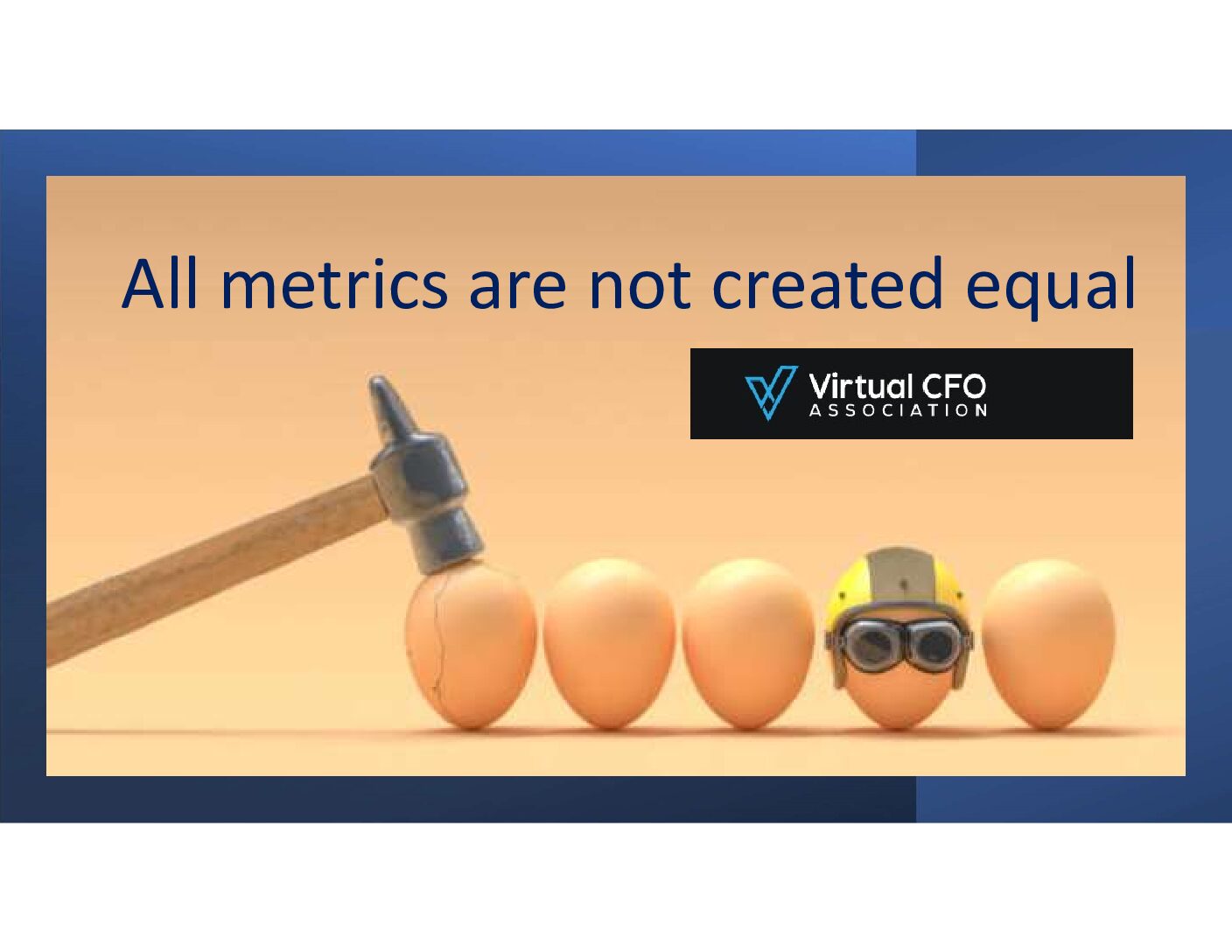Do you set new financial year goals? I know what you are thinking – what is the business equivalent of reversing the visible signs of ageing, learning a new skill or losing weight?
In all seriousness, let’s not settle for just any old resolutions –we want those that will help your business grow! Operational changes are often the best place to start because they can positively impact your bottom line.
One of the most common resolutions we see from clients this time of year is improving their finance systems. Sounds good to us – we know how you will be able to accomplish this resolution in the first quarter of 2021/22.
In today’s world of tech and automation, it seems almost ridiculous that many companies still use manual processes to run their business finances. With manual processes, your existing finance team is doing more work than necessary while compromising on accuracy. It sounds like a clunky situation for the whole company: critical decision making is delayed while manual processes are underway, and we can just picture the overflowing email inboxes that need attention. Hoping that manual reconciliation processes will be complete in a 5-day window after the end of the month is optimistic; the reality is closer to the 15th or 20th of the month for many businesses.
With this in mind, why not eliminate those pesky paper forms or spreadsheets? Instead, you could automate ongoing finance tasks with a tailored system that will make everyone happy – especially your overworked staff members who are currently drowning under piles of documents – both physical papers & digital files! Automation tools are available for accounts payable/ receivable, receipts & budget approvals, payroll and taxation.
By implementing automation tools for your finance systems, you can gain insights into your financial position in real-time and have all of the associated data required for accurate Monthly Reporting completed on the 5th of the month, without fail. You can understand your business position in real-time, not a month after the fact.
Your business will also benefit from:
Data Integrity
The problem with manual entries is that you have no way of knowing if the data in your forms are correct or not, and it takes a lot longer to get anything done when humans do everything. By automating finance business processes, everyone can focus on doing what they’re best at- like analyzing numbers and planning for your future!
Improved Efficiency
Automation saves time and streamlines workflows, which can make a finance team more efficient than ever before. In addition, automation tools are processing data on your behalf 24/7.
Quick Approvals
Whether it’s a budget approval or a reimbursement claim, finance automation software will help you save as much as eight hours a work week – per person. As an added advantage, you can also eliminate unwieldy email threads checking on the status of every request.
Top to Bottom Visibility
The ability to take a 360-degree view of financial information can be beneficial for understanding your company’s current state. You’ll have the opportunity to know why fluctuating numbers are happening so you can make smarter business decisions in the future and stay ahead of any curve balls that come your way.
Virtual CFO’s are leading the way for businesses working ‘in the cloud’ with the best financial automation technology. They can show you how finance systems could be improved, tailoring an automation toolset for your business. An expert team will guide you through the implementation process & help to train your staff in the new and improved ways of working.
Rachael Turner is a member of the Virtual CFO Association.
The Virtual CFO Association is an elite peer network, advocating and promoting the emerging VCFO sector within the accounting profession. Collectively the association currently has over 500 years of industry experience, with highly qualified and experienced specialists spread across more than 20 industry verticals.




